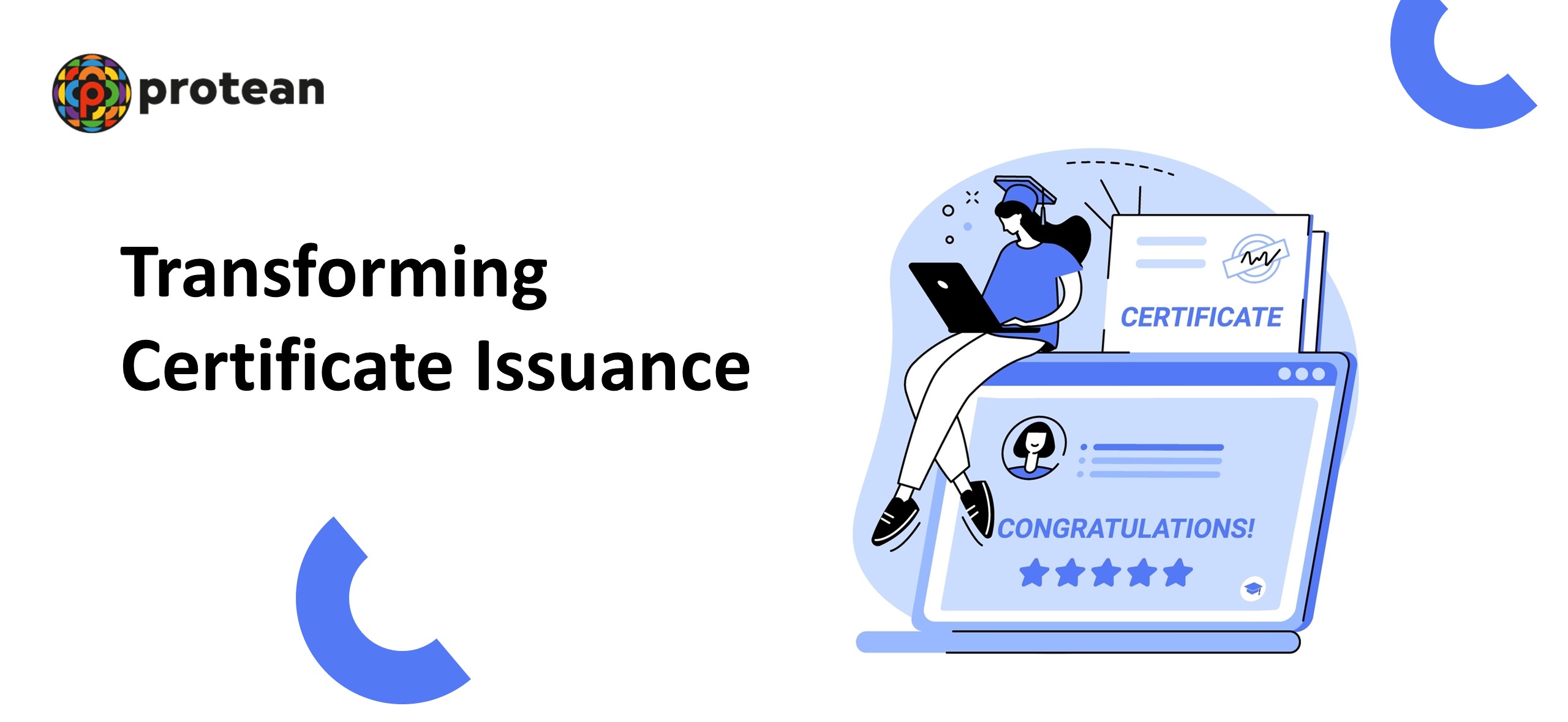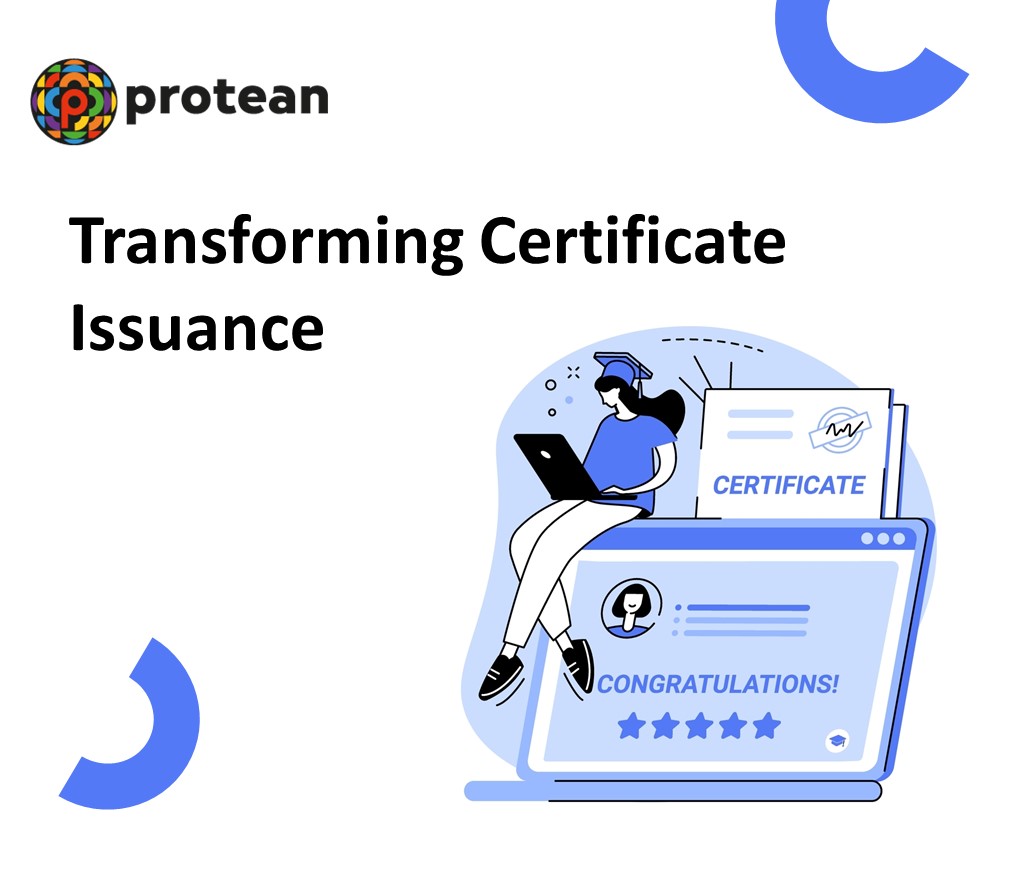The era of digital technology has revolutionised many facets of daily life, from purchasing and managing finances to interacting and enjoying leisure activities. However, this revolution has also brought forth new challenges concerning safety, confidentiality, and reliability.
Conventional approaches to confirming identities and credentials online, such as usernames and passwords, security questions, and physical documents, are finding it difficult to keep up with the increasing complexity of online threats. Verifiable credentials offer a promising solution to this issue, providing a creative approach to handle and authenticate identities digitally.
What are Verifiable Credentials?
Digital credentials are online replicas of physical documents like passports, driver's licenses, certificates, or other forms of identification. They work in the same way as physical documents do in verifying the identity of the user, which is established by a reliable authority, such as a government body.
They are made up of digital statements or assertions made by the issuer regarding a specific topic. These topics could include personal details like name, birthdate, qualifications, or financial background. Digital credentials are designed to be resistant to tampering. They include cryptographic evidence that enables anyone to check their validity and genuineness.
How do Verifiable Credentials Work?
The process of issuing, keeping, and confirming a credential requires three main parties: an issuer, a holder, and a verifier.
- Issuer—a trusted entity, often a government body, who meticulously crafts and signs off these credentials with a digital signature.
- Holder—that's you or me, recipients who harbor these credentials within our virtual wallets.
- Verifier—entities that, upon presentation, scrutinize the validity of these credentials, ensuring they are precisely what they purport to be.
The signature is connected to the issuer's personal key, so the verifier does not need to contact them directly. This makes the procedure quick, easy, and secure.
Digital Identity: A New Frontier
Digital identity refers to a person's online or electronic identity, which is created and managed through digital means. It comprises unique identifiers such as biometrics, usernames, or ID numbers, linked to an individual’s personal information. In the digital age, establishing a robust digital identity is crucial for accessing online services, verifying one's identity, and ensuring security in the digital space.
Verifiable credentials, on the other hand, are digital certificates that attest to specific facts about a person, such as their educational qualifications, employment history, or health status. These credentials are issued by trusted entities and can be easily verified, ensuring that the information they contain is accurate and reliable.
Government’s Role in Issuing Certificates
Current Challenges in Certificate Issuance
The traditional method of issuing certificates is riddled with challenges. Paper-based certificates can be easily lost, damaged, or forged. Manual verification processes are time-consuming and often lead to delays. Moreover, people without easy access to government offices may find it difficult to obtain the certificates they need.
These challenges highlight the need for a more efficient and secure system—one that leverages digital identity and verifiable credentials to streamline the process.
How Digital Identity and Verifiable Credentials Address These Challenges
Digital identity and verifiable credentials offer a modern solution to the problems plaguing traditional certificate issuance. By digitising the process, certificates can be issued, stored, and accessed online, which reduces the risk of loss or damage.
Verifiable credentials are tamper-proof and can be easily authenticated. It eliminates the possibility of fraud. Furthermore, the entire process can be expedited, making it easier for individuals to obtain the certificates they need without unnecessary delays.
Case Studies
India offers a compelling example of how digital identity and verifiable credentials can transform certificate issuance. The Aadhaar system, a nationwide digital identity initiative, assigns a unique 12-digit identification number to each citizen, linked to their biometric and demographic data. This digital ID is used across various government and private services, from opening bank accounts to receiving government benefits.
Complementing Aadhaar is DigiLocker, a digital platform that allows citizens to store and access their certificates and documents online. Government departments can issue verifiable credentials directly to an individual’s DigiLocker account, which can then be shared with service providers as needed. This system not only simplifies the process of accessing certificates but also enhances security and reduces the reliance on physical documents.
Benefits Seen in These Implementation–
The implementation of Aadhaar and DigiLocker has led to significant benefits for Indian citizens and the government.
- For individuals, the ease of accessing and sharing certificates online has reduced the time and effort required to obtain essential services.
- The system has also increased security, as digital certificates are less vulnerable to tampering or loss compared to their physical counterparts.
- For the government, digital identity systems like Aadhaar have streamlined service delivery, making it easier to reach citizens in remote areas and reducing fraud in subsidy programs. The use of verifiable credentials has also improved the accuracy of records, leading to more efficient administration and better decision-making.
Conclusion
Verifiable credentials constitute a significant advancement in the field of digital verification of identity and administration. Digital identity and verifiable credentials have the potential to transform how important certificates are issued and managed.
By optimising processes and improving security, these technologies can address many of the issues associated with traditional certificate issuance. Countries such as India have already proved the benefits of implementing these systems, which lead to increased efficiency and inclusivity.
| Ready to elevate your company's digital journey? Click here to know how Protean can be your trusted partner. |
- Story by Bruhadeeswaran R.

